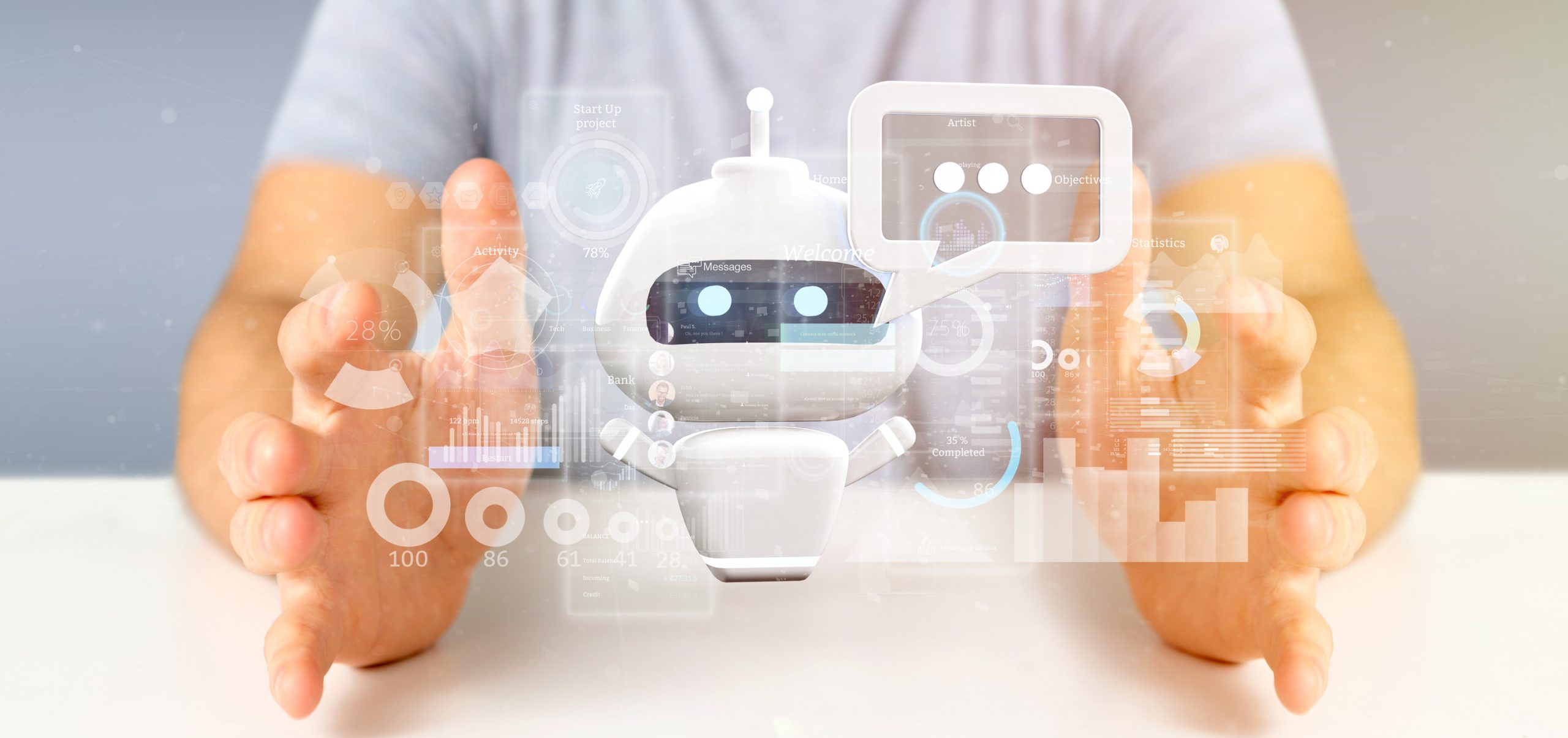
Chatbots have become a part of everyday life, helping us order food, book appointments, and answer common questions. They’re fast, efficient, and often feel like having a personal assistant in your pocket. But as useful as they are, it’s important to remember that chatbots are not people—they’re tools that process and store information, often connected to large data systems. Sharing the wrong information with a chatbot can put your privacy, security, and even finances at risk. To protect yourself, here are 10 secrets you should never share with chatbots under any circumstances.
1. Your Full Name and Address
Providing your full name and address to a chatbot is risky, even if the chatbot seems secure. This information can be exploited by cybercriminals for identity theft or fraud. While some services require basic details for verification, you should be cautious about how much you share. If you must provide your name, consider using just your first name. Protecting your address is especially critical because it’s a key piece of personal information hackers use to commit crimes.
2. Bank Account Information
Under no circumstances should you share your bank account or credit card details with a chatbot. While some financial institutions use chatbots for customer service, make sure you are interacting with a trusted, verified platform. Fraudulent chatbots can pose as legitimate services, tricking you into revealing sensitive financial information. Even if a chatbot claims to need this data for troubleshooting, it’s better to handle financial matters through secure, direct communication channels. When in doubt, stop the interaction immediately and verify its authenticity.
3. Passwords
A chatbot will never need your passwords—period. If a chatbot asks for login credentials, it’s a major red flag. Scammers can use this information to access your personal accounts, steal data, or make unauthorized transactions. Always keep your passwords private and use multi-factor authentication to add an extra layer of security. Remember, legitimate companies will not ask for your passwords through a chatbot.
4. Social Security Number
Your Social Security number is one of the most sensitive pieces of information you own. Sharing it with a chatbot, even for verification purposes, can expose you to identity theft and long-term financial harm. Hackers often use this data to open accounts, file taxes, or commit other fraudulent activities in your name. If you’re ever prompted to provide your Social Security number, it’s best to stop the interaction immediately. Always handle this information with extreme care.
5. Intimate or Personal Conversations

It might feel harmless to chat casually with AI, but sharing personal or intimate details can backfire. Many chatbots store interactions, which could be accessed or leaked later. Some AI platforms also use data for training purposes, which means your private thoughts might not stay private. Avoid discussing sensitive topics that could compromise your reputation or emotional well-being. A chatbot is not a therapist or a confidant, no matter how human-like it seems.
6. Your Location in Real Time
Revealing your real-time location to a chatbot can be dangerous. Hackers can exploit this information to track your movements or plan malicious activities. Whether it’s sharing your current address, workplace, or travel plans, avoid giving this level of detail. Apps with geolocation features are particularly risky if they share location data with third parties. It’s always safer to disable location-sharing settings unless absolutely necessary.
7. Medical Information
While healthcare-related chatbots might seem convenient, sharing your medical history, prescriptions, or health conditions can lead to privacy breaches. Medical data is highly valuable and could be used for unauthorized purposes if it falls into the wrong hands. If you need to discuss health-related matters, ensure that the platform complies with strict privacy regulations like HIPAA in the U.S. Protecting your medical information is vital to maintaining your privacy and avoiding potential misuse.
8. Work-Related Secrets
Discussing confidential work information with a chatbot is a bad idea, even if you’re using a company-approved tool. Chatbots might inadvertently store sensitive business data, making it accessible to third parties or malicious actors. Sharing proprietary strategies, trade secrets, or internal communication can put your company at risk. Keep work-related discussions secure by using encrypted and authorized communication channels. Your professional reputation and job security depend on it.
9. Family and Friends’ Personal Information
You should never share personal details about your family or friends with a chatbot. This includes their names, addresses, phone numbers, or other identifiable information. Doing so not only risks their privacy but could also make them targets for scams or phishing attacks. If a chatbot prompts you to provide such details, it’s best to decline. Always prioritize protecting the privacy of your loved ones.
10. Financial Plans or Investments
Sharing your financial plans or investment details with a chatbot can lead to security risks. This information could be intercepted and used against you by cybercriminals. Additionally, some chatbots might use the data for targeted advertising, which could influence your decisions unfairly. Always consult a trusted financial advisor rather than relying on AI for sensitive financial discussions. Protecting your financial future starts with keeping it private.
Protect Yourself by Staying Vigilant
Chatbots are undoubtedly helpful, but they are not without their risks. By avoiding these 10 secrets, you can protect your personal and financial information from potential misuse. Always remember that a chatbot is only as secure as the platform behind it. When in doubt, err on the side of caution and avoid oversharing. Staying vigilant can save you from unnecessary risks and keep your data safe.
Have you ever shared something with a chatbot that you later regretted? Share your experiences in the comments below.
Read More:

Latrice is a dedicated professional with a rich background in social work, complemented by an Associate Degree in the field. Her journey has been uniquely shaped by the rewarding experience of being a stay-at-home mom to her two children, aged 13 and 5. This role has not only been a testament to her commitment to family but has also provided her with invaluable life lessons and insights.
As a mother, Latrice has embraced the opportunity to educate her children on essential life skills, with a special focus on financial literacy, the nuances of life, and the importance of inner peace.
